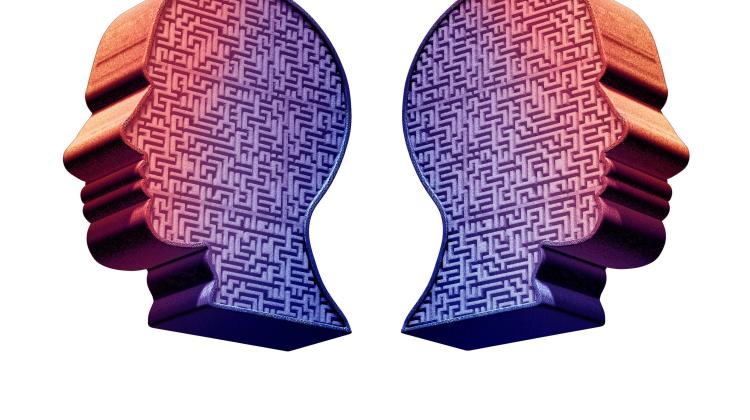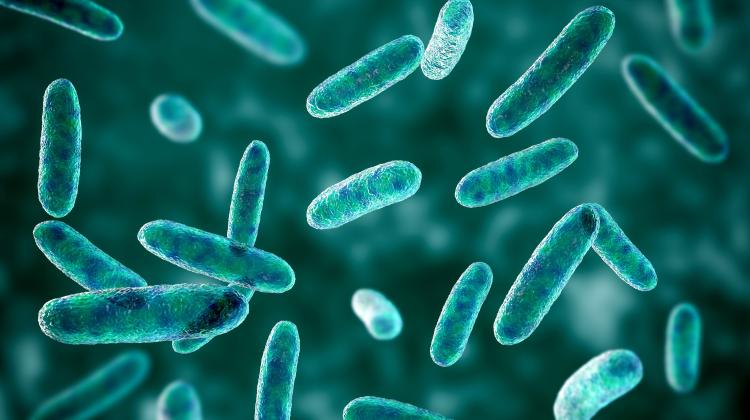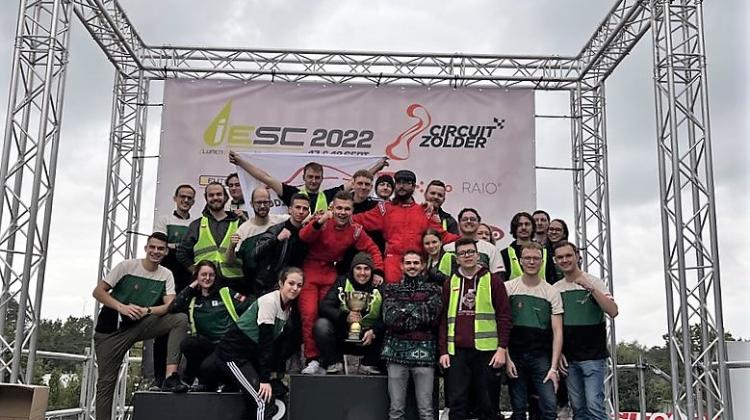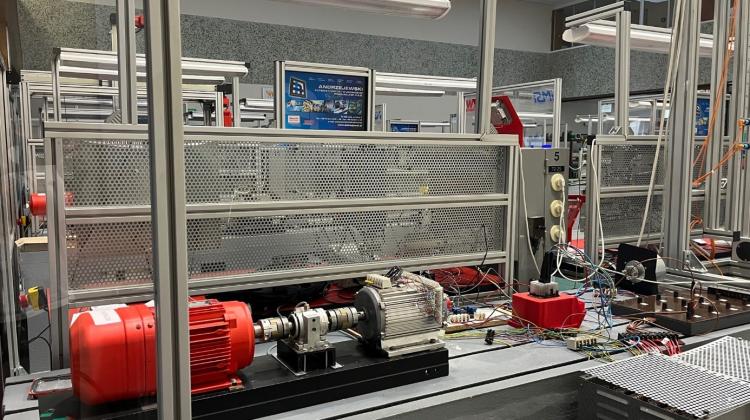Lodz scientists develop smart dressings for chronic wounds
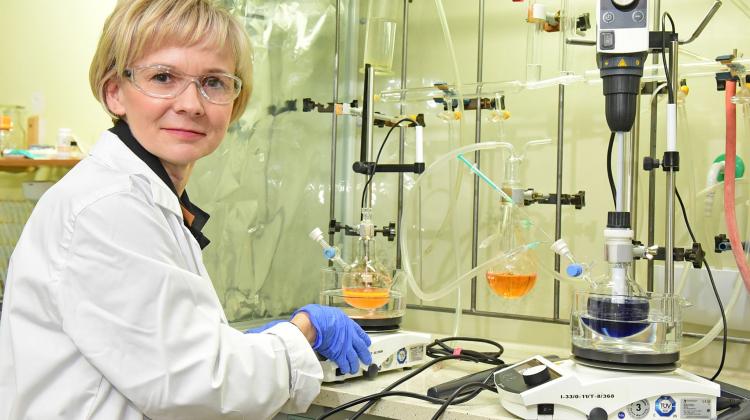 Credit: press materials
Credit: press materials
Researchers from the Lodz University of Technology are leading a Polish-German project to develop innovative dressing materials that will accelerate the process of chronic wound healing.
Project leader Dr. Joanna Pietrasik from the university’s Faculty of Chemistry said that in an innovative strategy the scientists will combine three individually important concepts used to prepare dressing materials.
She said: “These are smart polymers that react in a desired way to external stimuli, active nanolayers and peptides released from the new composite material as the last resort anti-infection protection against resistant pathogens.”
The result will be an antioxidant and electroactive skin wound dressing that will support healing and combat bacterial and fungal pathogens by releasing anti-microbial peptides.
The scientists put special emphasis on developing dressings that will accelerate the chronic wound healing process. According to Pietrasik, these wounds are a result of a prolonged inflammatory phase during the healing process, which prevents skin regeneration.
She said: “For this reason, great attention is devoted to dressings that not only protect the wound against the influence of the environment, but also support skin regeneration and accelerate healing process.”
She added that the team's research is expected to open new directions for next generation dressing materials, adapted to different types of wounds and capable of combating life-threatening infections using specialist medicines, and thus new treatment concepts that improve wound healing.
The value of the project 'Antioxidant, electroactive and biocidal self-adhesive dressing materials' is over PLN 4 million. In addition to scientists from the Lodz University of Technology, the partners are: the Medical University of Lublin and - on the German side - Ulm University and Max Planck Institute for Polymer Research. Polish teams received nearly PLN 2.4 million for the implementation of tasks in the OPUS +LAP competition financed by the Polish National Science Centre and the German Research Foundation (Deutsche Forschungsgemeinschaft, DFG). (PAP)
author: Bartłomiej Pawlak
bap/ agz/ kap/
tr. RL
Przed dodaniem komentarza prosimy o zapoznanie z Regulaminem forum serwisu Nauka w Polsce.


